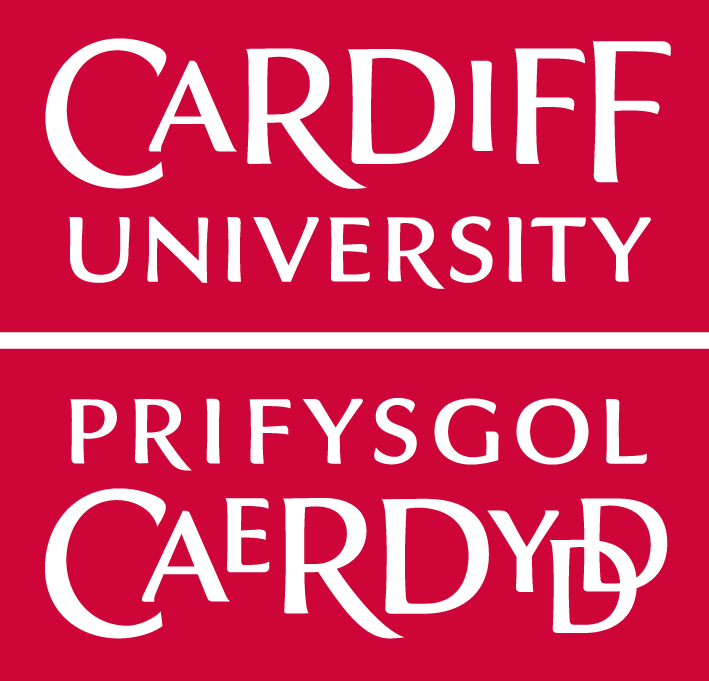Call for Participation
The International Conference on Computational Models of Argument (COMMA) is a regular forum for presentation and exchange of the latest research results concerning theory and applications of computational argumentation.
The 9th International Conference on Computational Models of Argument (COMMA 2022) will be held at Cardiff University (Wales, UK) from Wednesday 14th September to Friday 16th September 2022. The programme includes invited talks by Paul Dunne (University of Liverpool), Iryna Gurevich (Technical University Darmstadt) and Antonis Kakas (University of Cyprus).
Co-located to COMMA 2022 is the 5th Summer School on Argumentation: Explainability Perspective (SSA 2022), which will take place from 8th to 11th September 2022 at Cardiff University. The main aim of SSA 2022 is to provide attendees with a solid foundation regarding the basics of computational argumentation and in the different ways the issue of explainability can be approached. The school welcomes both students and researchers in different fields not limited to argumentation, including for instance non-monotonic reasoning, knowledge representation, logic programming, linguistics, natural language processing, philosophy and psychology. The program includes tutorials by Richard Booth (Cardiff University), Annemarie Borg (Utrecht University), Martin Caminada (Cardiff University), Federico Castagna (University of Lincoln), Hiroyuki Kido (Cardiff University), Antonio Rago (Imperial College) and Markus Ulbricht (Leipzig University).
COMMA 22 and SSA 22 will be accompanied by a series of workshops (CNMA, ArgXAI, ArgML and SAFA) on different topics related to computational argumentation.
More information about each of these events is available at:
We cordially invite participants for these events. Please be aware that the deadline for early registration is 18th August.
Call for Papers, Demos and Workshops
The International Conference on Computational Models of Argument (COMMA) is a regular forum for presentation and exchange of the latest research results concerning theory and applications of computational argumentation. After the successful editions in Liverpool (2006), Toulouse (2008), Desenzano del Garda (2010), Vienna (2012), Pitlochry (2014), Potsdam (2016), Warsaw (2018) and Perugia (2020), the biennial COMMA event will be hosted by the School of Computer Science and Informatics of the Cardiff University. COMMA 2022 will be preceded by the fifth edition of the Summer School on Argumentation (SSA 2022). In addition to the main conference track, COMMA 2022 will include system demonstrations, as well as workshops devoted to specific argumentation-related themes, for both of which we invite proposals.
Please consult the complete Call for Workshops, Demos, and Papers (pdf), which also includes the layout, formatting and submission instructions.
Dates
Papers
- Paper submission open:
7 March 2022 - Paper submission deadline:
11 April 20223 May 2022 (AoE)
- Notification of acceptance:
17 June 202224 June 2022 - Camera-ready versions due: 15 July 2022
Demonstrations
- Deadline for
notification to the demo coordinator:
31 March 2022 - Extended-abstract submission deadline:
11 April 20223 May 2022 (AoE) - Notification of acceptance:
17 June 202224 June 2022
Workshops
- Workshops proposal submission deadline: 18 January 2022
- Workshop proposal decisions: 1 February 2022
- Call for workshop papers: 28 February 2022
- Workshop paper submissions deadline: 8 July 2022
- Workshop paper decisions: to be decided by workshop organizers
- Due date for final versions of accepted papers: to be decided by the workshop organizers
- Workshops: 12-13 September 2022
- Main COMMA Conference: 14-16 September 2022
COMMA topics include, but are not limited to:
- Formal, semi-formal and informal models for argumentation
- Argumentation and Non-monotonic Reasoning
- Dialogue based on argumentation
- Strategies in argumentation
- Argumentation and game theory
- Argumentation and probability
- Argumentation and narrative
- Argumentation-based explanation
- Argumentation and computational linguistics
- Argument mining
- Computational properties of argumentation
- Reasoning about action and time with argumentation
- Decision making based on argumentation
- Argumentation in agent and multi-agent systems
- Argumentation for coordination and coalition formation
- Argumentation-based negotiation
- Argumentation, trust and reputation
- Argumentation and human-computer interaction
- Systems for learning through argument
- Implementation of argumentation systems
- Tools for supporting argumentation
- Demonstrations of innovative working applications and tools

